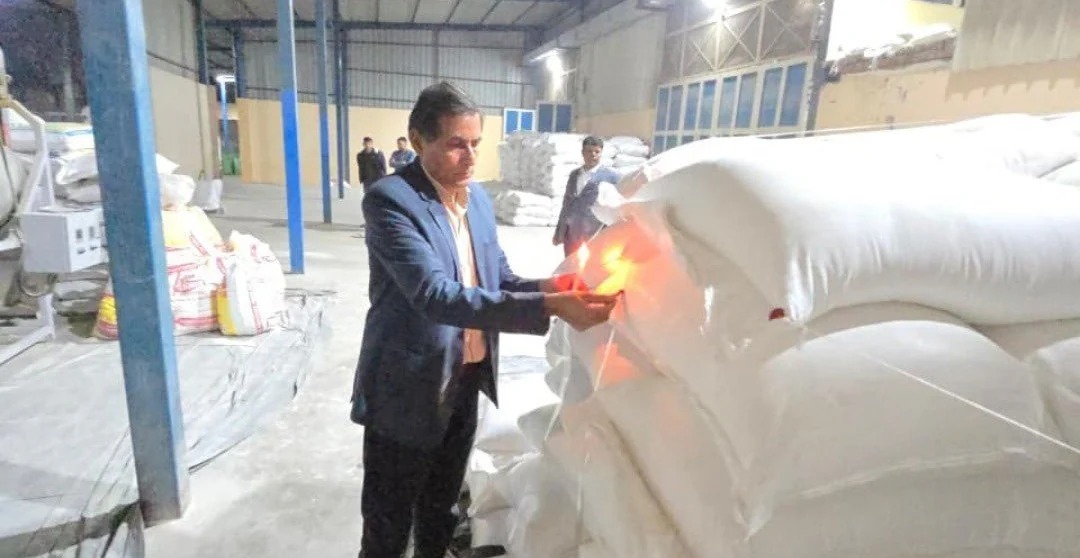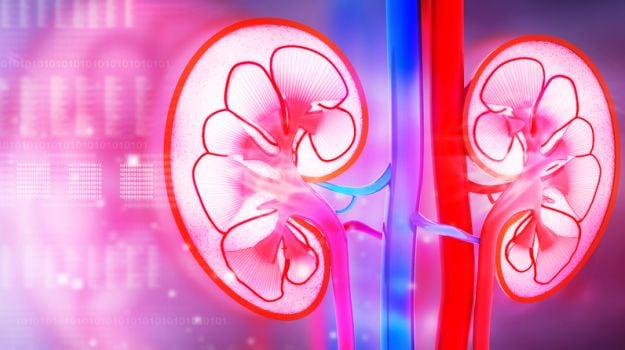The number of Indians suffering from chronic kidney ailments has doubled in the past 15 years, and at present 17 in every hundred citizens suffer from some form of kidney disease, health experts have said.
The experts noted that several Indian population-based studies in the past estimated that some 150-230 persons suffer from End-Stage Kidney Disease (ESKD) in every million people, and about 2,20,000-2,75,000 new patients need Renal Replacement Therapy (RRT) every year.
"The number of patients undergoing dialysis in India is also increasing by 10-15 per cent every year, which majorly includes children too. Not much importance is given to kidney disorders as it is still under-the-radar condition," said Sudeep Singh Sachdev, Consultant for Nephrology at Max Super Speciality Hospital.
According to the Health Ministry, 2,000 new dialysis centres will be set up at district-level hospitals in the country within the next two years, underlining the gravity of the problem.
The exact burden of chronic kidney diseases in India is still undefined, but its approximate prevalence is said to be 800 per million people (pmp).
Elaborating on kidney problems in children, Sachdev said early detection is necessary for a healthy lifestyle in children to combat preventable kidney damage that may include acute kidney injury. "Difficulty in gaining weight for the child and poor growth, frequent body aches, urination difficulty or longer time in urinating, swollen face, legs, ankles while getting up in the morning are a few symptoms of kidney problems," said Sachdev.
Piyush Rastogi, nephrologist of Ram Manohar Lohia Hospital, said that change in lifestyle is the major cause of the rising kidney diseases. "Lesser fluid intake, smoking, excess intake of medicines and drugs and salt intake are the reasons contributing to the rising chronic kidney diseases," said Rastogi. "Too much of sodium can lead to hypertension, so cutting down on salt intake is better. About 1.5 to 2.3 grams daily is the prescribed amount of salt intake. Healthy fluid intake is necessary for children, especially water, to avoid kidney problems," added Rastogi.
According to doctors, only 300-400 dialysis centres are currently available in India. With 1,500 nephrologists in metro cities treating kidney patients, more than 60 per cent of the patients do not receive any medical attention on time. Only four per cent of the patients get a donor.
That, experts say, is a dismal picture.
(This story has not been edited by NDTV staff and is auto-generated from a syndicated feed.)







